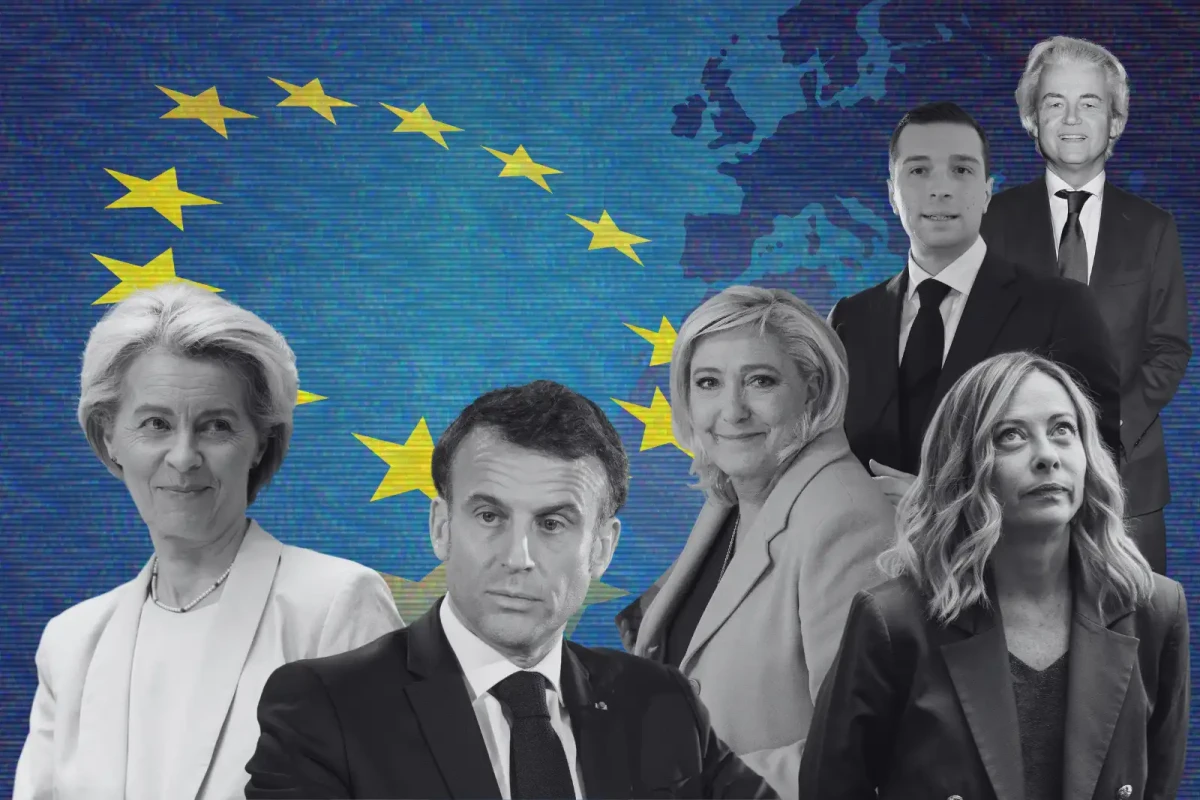The European Union (EU) is currently grappling with significant internal divisions regarding its climate policies, which are jeopardizing its credibility and influence in global climate negotiations. Central to these disputes is the EU’s 2040 climate target, aiming for a 90% reduction in greenhouse gas emissions from 1990 levels. Member states, particularly France and Poland, have obstructed consensus on Nationally Determined Contributions (NDCs), with proposed emission reduction targets varying between 66.3% and 72.5%. In an effort to bridge gaps, Denmark is advocating for a “statement of intent,” yet diplomats caution that without unity, the EU risks becoming ineffective in international discussions.
This discord has already resulted in the EU missing the UN’s September deadline for new emissions-reduction targets. The bloc aimed to finalize new targets for 2040 and 2035, but disagreements, particularly among Germany, France, and Poland, have delayed these decisions until an October summit. As a temporary solution, EU ministers plan to issue a commitment towards a 66.3%-72.5% reduction by 2035, targeting a final agreement before the COP30 summit in November. Critics assert that this delay could weaken global climate ambitions, allowing other nations to justify their inaction based on the EU’s struggles.
The EU’s internal conflicts illustrate broader tensions between economic interests and environmental priorities among its member states, raising doubts about its historical leadership in climate policy. The UN has urged nations to submit overdue climate plans promptly, and the upcoming October summit will be crucial for the EU to resolve these issues and present a cohesive stance at COP30. Overall, these disputes are not only stalling the EU’s climate action but also threatening its role in shaping global climate policies.












I dont buy the idea that internal EU disputes will make them ineffective at the UN. Unity can be a strength too!
Is it really surprising that the EU is facing internal disputes over climate strategies? Lets hope they can get their act together for the greater good! 🌍
I dont get why they cant just agree on a plan already. Its like watching a group project fall apart in slow motion.
I think the EU needs to get its act together and present a united front at the UN on climate strategies. Stop the internal bickering, please!
Interesting article, but I think the EU should prioritize unity over individual interests to make a real impact at the UN.
I dont get why the EU cant just get on the same page about climate strategies… like, come on, team work makes the dream work, right? 🌍🤔
Do you think the EU should prioritize internal unity over global climate action? Lets discuss in the comments! 🌍🤔
I dont buy it – EU bickering wont stop them from making an impact at the UN. Theyll figure it out!
I dont buy it! The EU needs to get their act together on climate strategies for real impact at the UN. Lets push for unity.